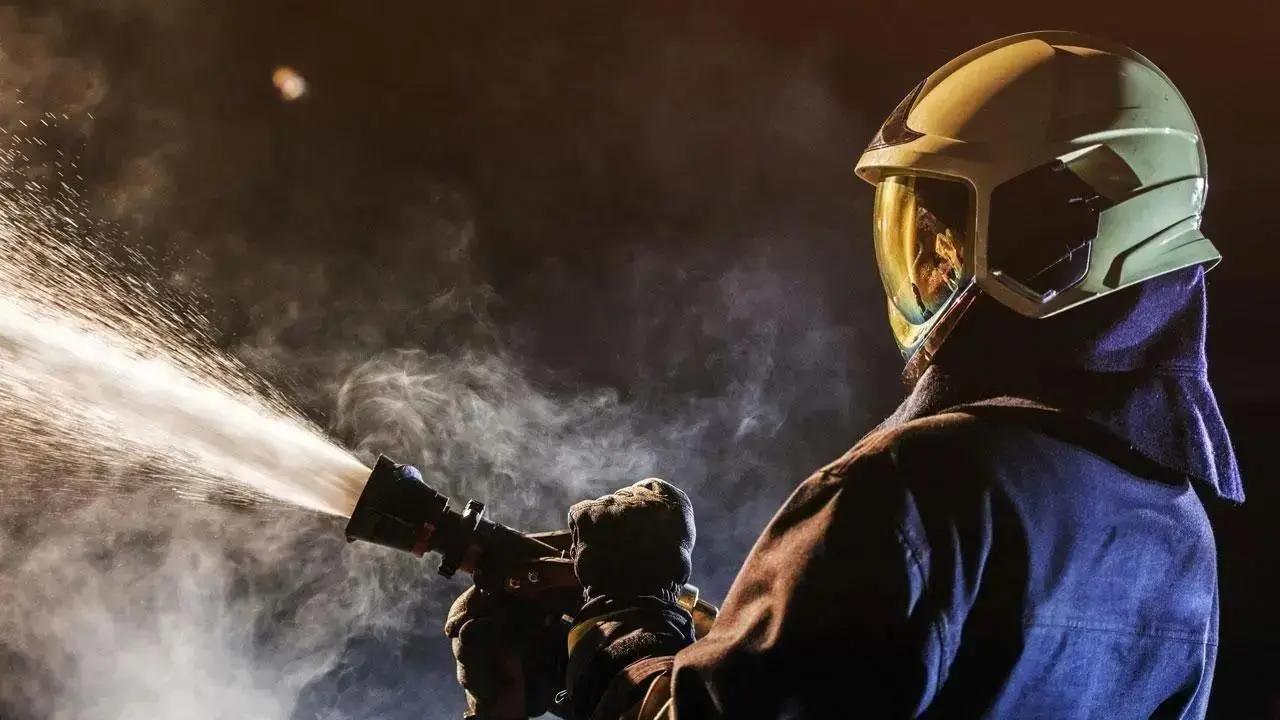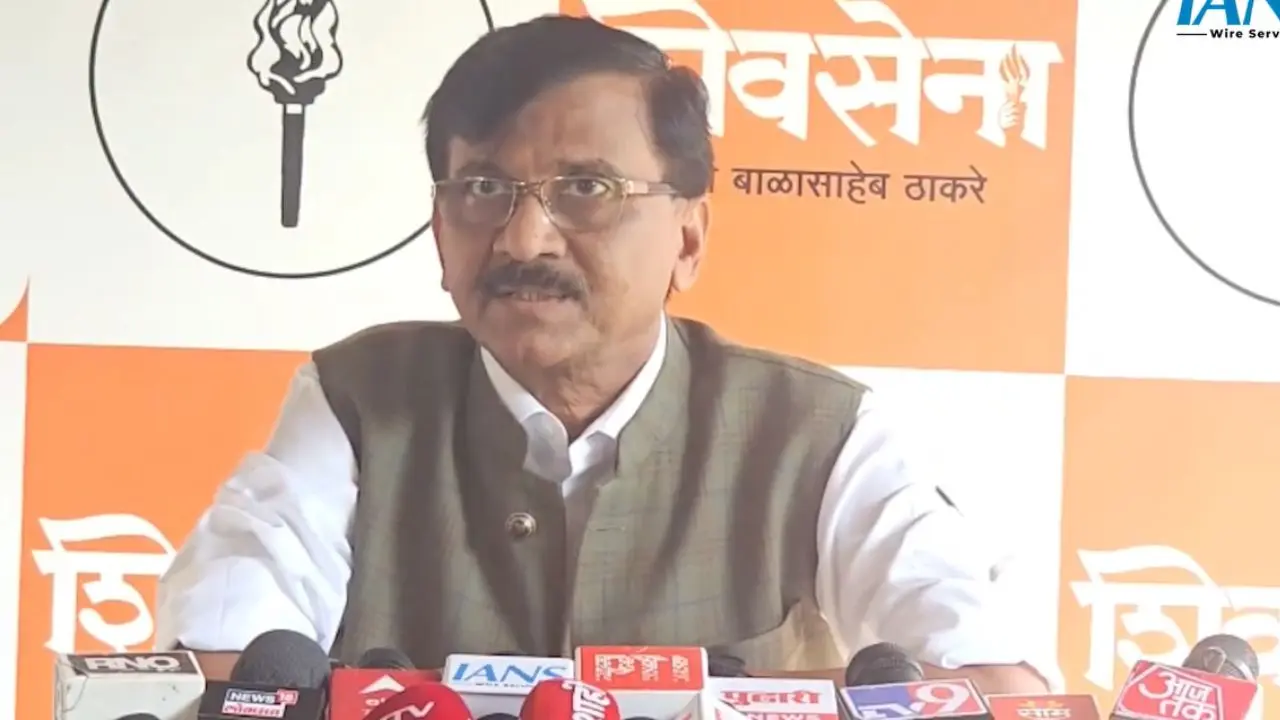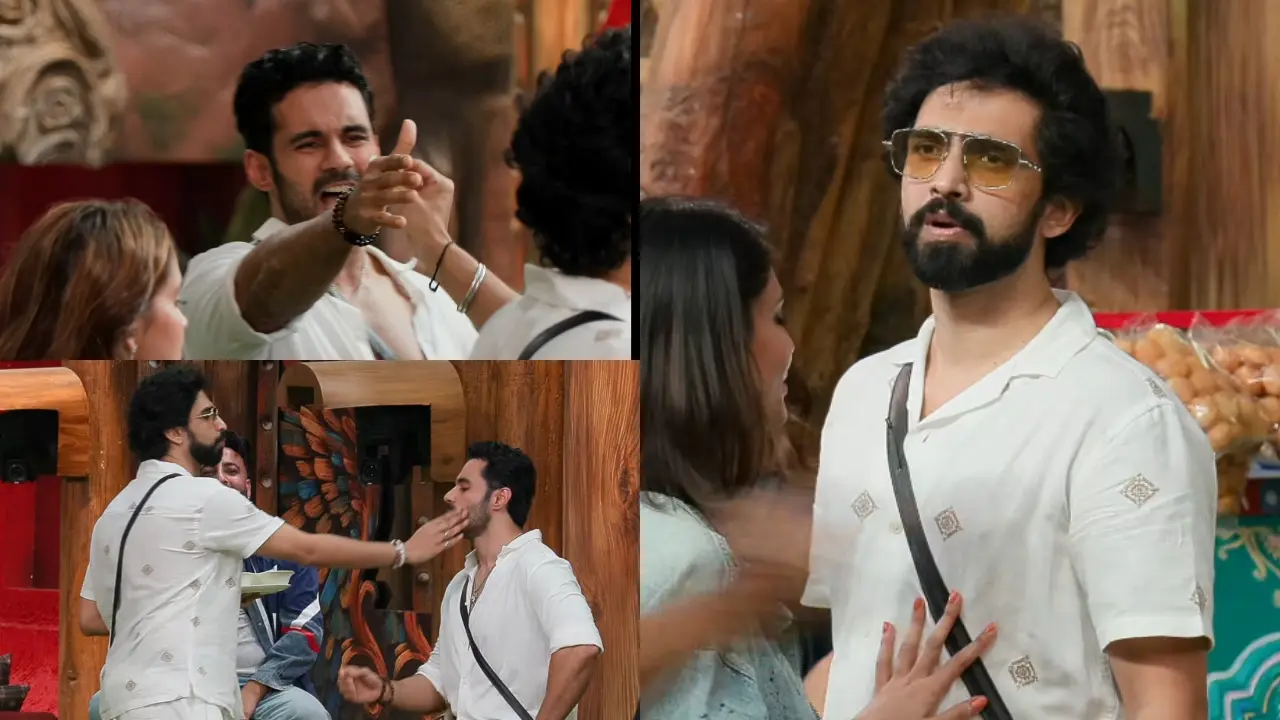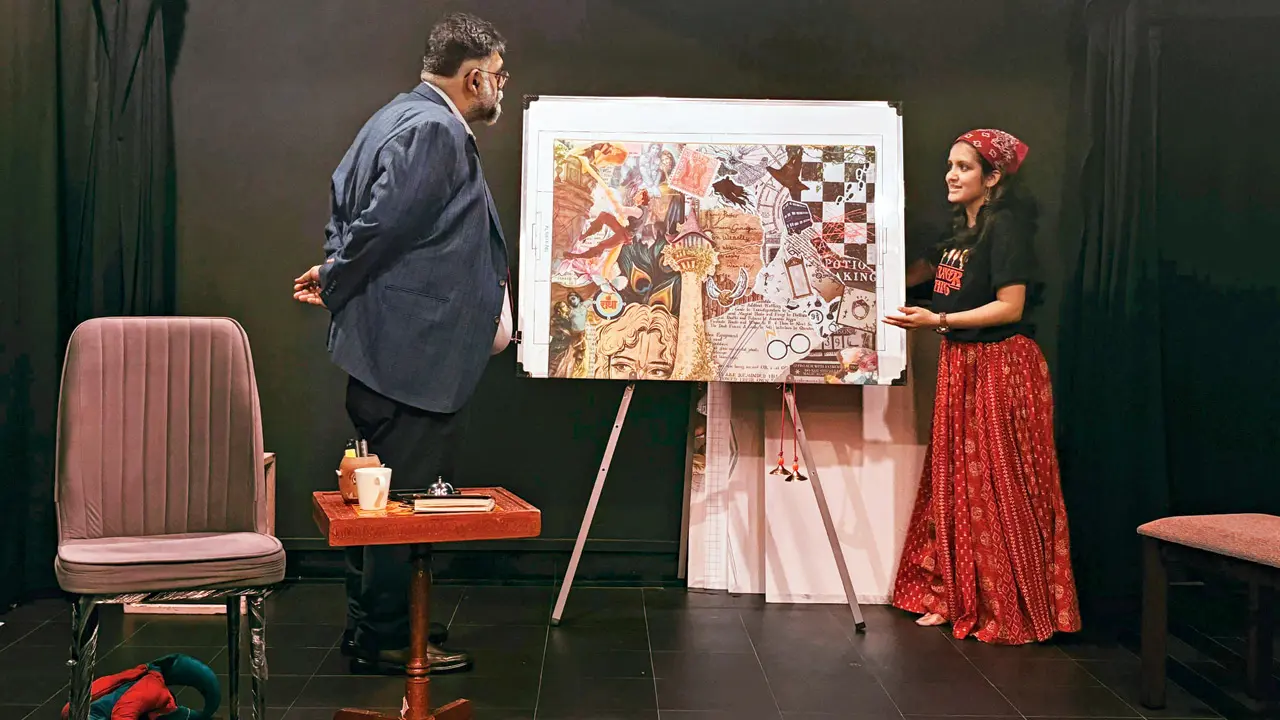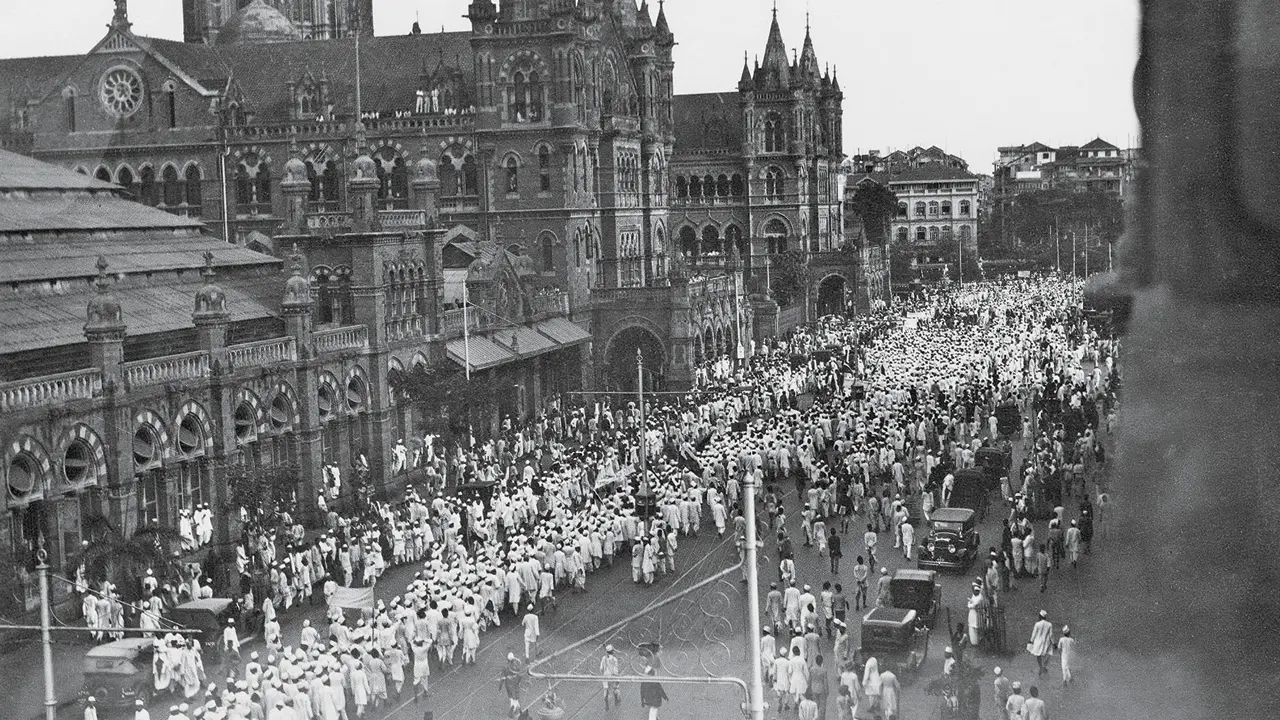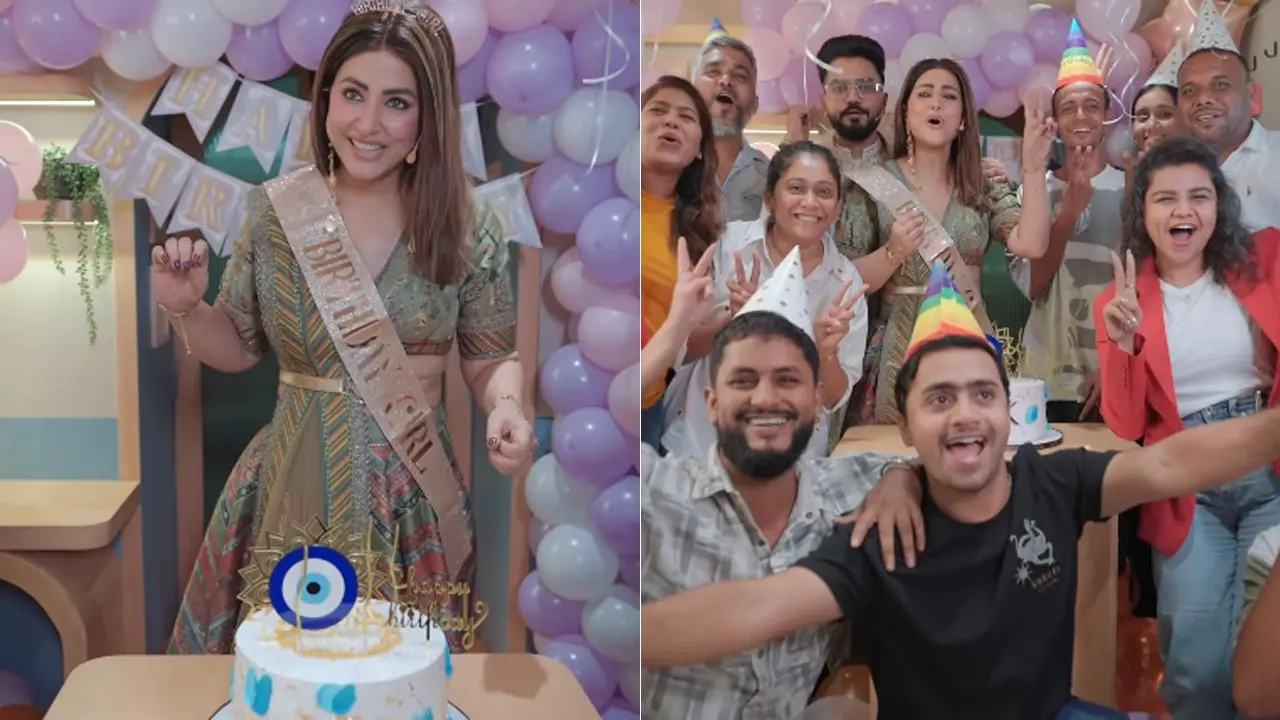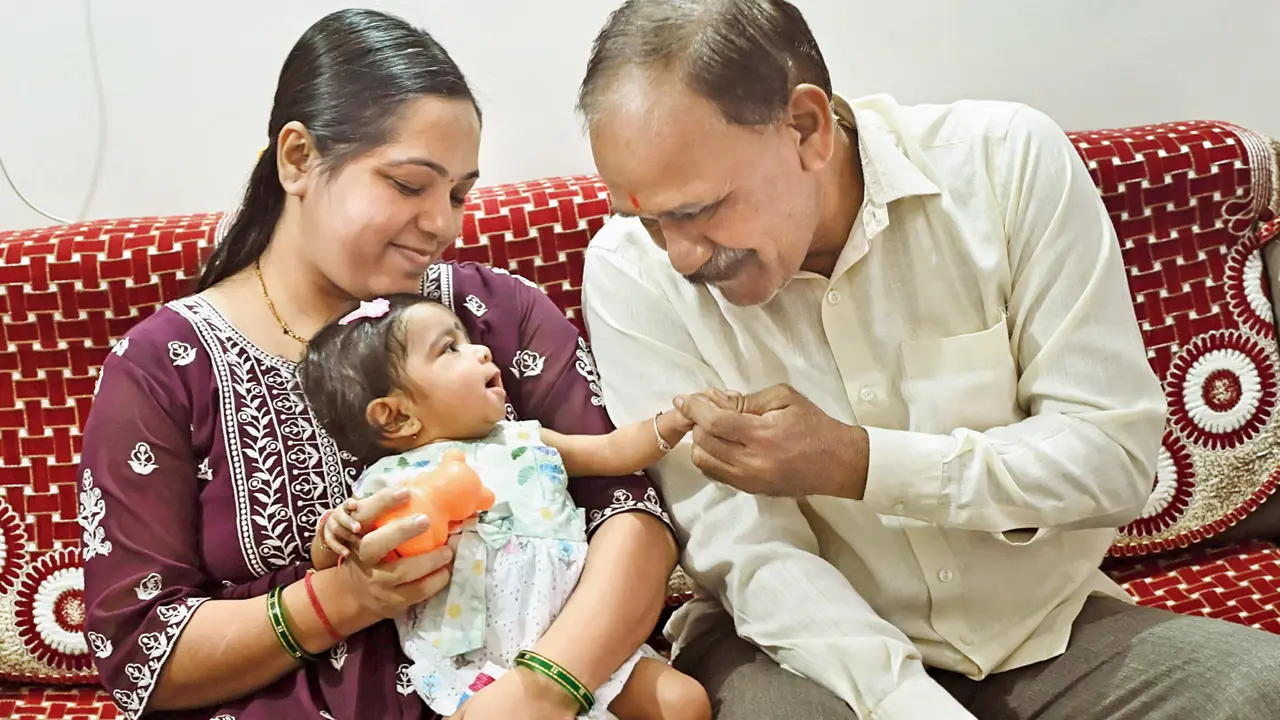
Narendra Pandurang Bhoir, 58, gave a new lease of life to his seven-month-old granddaughter, Divisha, by donating a part of his liver. The infant suffered from biliary atresia, a condition that affects one in 10,000 worldwide, in which the biliary system, comprising the gallbladder and bile ducts, fails to form properly. Today, at nine months old, she is healthy, smiling, and able to enjoy a normal life, thanks to her grandfather’s selfless act.
Born to Ambivli residents Sandhya and Prashant Bhoir, the baby was barely a few weeks old when her parents noticed that her eyes had turned yellow and her stools were unusually pale. Concerned, they took her to a local doctor, who referred them to a tertiary care hospital. “First, the doctor thought it must be jaundice. However, she showed no signs of improvement. The yellowness in her eyes did not reduce and her belly’s size kept on increasing. Thus, he further referred us to Dr Dimple Jain from Jupiter Hospital.
Further tests revealed the grim diagnosis — biliary atresia. It was devastating to hear that our baby’s liver was failing,” said Prashant, still emotional while recounting the ordeal. “Doctors told us that without a liver transplant, she would not survive beyond a few months. We were shattered. We didn’t know how we would manage something like this.”
An uphill task
Divisha, weighing just five kilograms, presented at five months of age with jaundice, pale-coloured stools, an enlarged liver, and lagging growth milestones despite a normal birth. Genetic testing revealed an additional defect: a homozygous mitochondrial trifunctional protein deficiency, which led to a more severe and rapidly progressing course of her illness.
(From left) Prashant Bhoir, his daughter Divisha, wife Sandhya, and father-in-law, Narendra, at their Ambivli residence on Monday. PIC/SAYYED SAMEER ABEDI
If detected within the first 100 days of life, biliary atresia can be treated with a surgical procedure that directly joins the intestine to the liver. However, at her stage, a liver transplant was the only curative option. Her parents and uncle were evaluated as potential donors but were found unfit due to blood group mismatch or fatty liver. Her mother had just delivered a few months ago, causing physical changes that had led to fatty liver, while Divisha’s uncle also had fatty liver, according to Dr Anand Ramamurthy, director of liver transplant and hepatobiliary pancreatic surgery at Jupiter Hospital in Thane.
As time passed, Divisha’s condition deteriorated, necessitating that she be kept continuously under observation in the NICU, and the couple’s worries increased as finding an organ donor was proving difficult. But they did not lose hope. “Divisha is a fighter. She kept on breathing despite being in such a hopeless situation. And that gave us the strength to be hopeful and positive. And by God’s grace, our hopes, efforts and prayers succeeded. The doctors found that my father was a match!” exclaimed Sandhya.
A suitable match
Divisha’s grandfather stepped forward and was found to be a suitable match and medically fit to donate a portion of his liver. “By six months, Divisha’s condition had deteriorated further, with rapidly accumulating abdominal fluid and blood clotting deficiencies. Given that her father was a hospital employee and the family faced financial constraints, Jupiter Hospital generously extended concessions to ensure the lifesaving procedure could proceed. Performing a liver transplant in such a small infant posed significant challenges.
The liver in infants accounts for only 4 to 5 per cent of their body weight, and even the smallest graft from an adult liver is much larger than the infant’s abdomen can accommodate, risking mechanical and functional complications. To overcome this, we used innovative techniques, reducing the donor’s left lateral segment to a hyper-reduced monosegment 2 graft. Additionally, since the portal vein inflow was inadequate due to the size mismatch, an interventional radiologist placed a stent in the operating room during the procedure,” said Dr Ramamurthy.
He added that a liver has eight segments in total and that just one was taken from the grandfather. “A person can survive even with 30 per cent of his or her liver. So, the grandfather did not face any danger. He is also a lifelong teetotaler and has not consumed non-veg for 20 years. Also, thankfully, he did not have comorbidities,” said Dr Ramamurthy.
“I never knew something like this was even possible,” said Narendra, reflecting on his life-changing experience. “I always believed that only people who had passed away could donate their organs. I knew one could live with just one kidney, but I had no idea that someone could live a healthy life even after donating a part of their liver.”
Narendra’s journey into the world of organ donation began with concern for his granddaughter`s health. When doctors suggested a liver transplant and mentioned the possibility of a living donor, he was both surprised and curious. “What amazed me most was learning that the liver is the only organ in the human body that can regenerate. I found out that even if a part of it is removed, it grows back to its normal size within a few months. That blew my mind,” he shared.
Despite the initial apprehension, he didn`t hesitate when he learned he could help save his granddaughter’s life. “I was very happy that I could be of such great use to her. It felt like my life had gained a whole new purpose,” he said, adding, “I haven’t had any problems after the operation.” For Narendra, this experience was more than just a medical procedure — it was an eye-opener. “My granddaughter has given me a new life. I am now a more knowledgeable person. I see things differently,” he concluded with gratitude.
Challenges ahead
While the baby was vaccinated at birth, no other live vaccines can be administered ever again. This means that she will be prone to infections and diseases. “Hence, doctors have asked family to maintain the highest levels of hygiene. We have to be very careful, especially with our elder son, who is just seven years old and asks us to let him take Divisha in his arms constantly. Also, we have to stay sanitised round the clock and keep windows closed during evenings to avoid mosquito bites. Though the doctors said Divisha will lead a normal life and that her liver will grow properly as she grows, she will always be sensitive and will be on oral medication permanently. We are just happy that she is alive and otherwise healthy,” said Sandhya.

